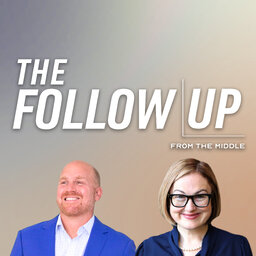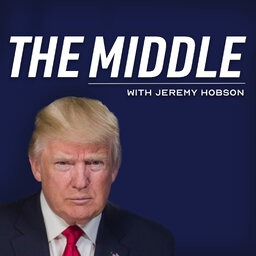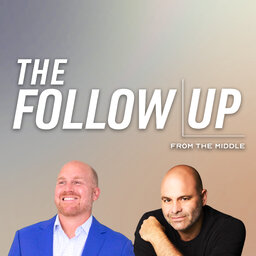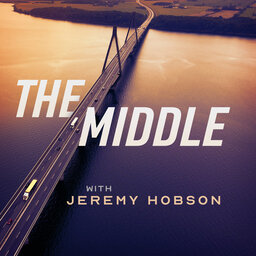OTTD: Trump's Attacks on the Media
In this episode of One Thing Trump Did, we take a look at the President's repeated attacks against the press, and how these actions are affecting the media landscape. Jeremy is joined by CNN Chief Media Analyst Brian Stelter. #Trump #Media #AP #CNN #WaPo #FoxNews #FreePress
In 1 playlist(s)
The Middle with Jeremy Hobson
The Middle with Jeremy Hobson is a national call-in talk show focused on bringing the voices of Amer…Social links
Follow podcast
Recent clips

The Follow Up: Fear in Trump's First Year, Michigan and the Midterms
22:56

One year of Trump: How are His Policies Affecting You?
49:39

The Follow Up: Minneapolis, Maduro’s Capture, and the First Days of Mamdani
26:52
 The Middle with Jeremy Hobson
The Middle with Jeremy Hobson